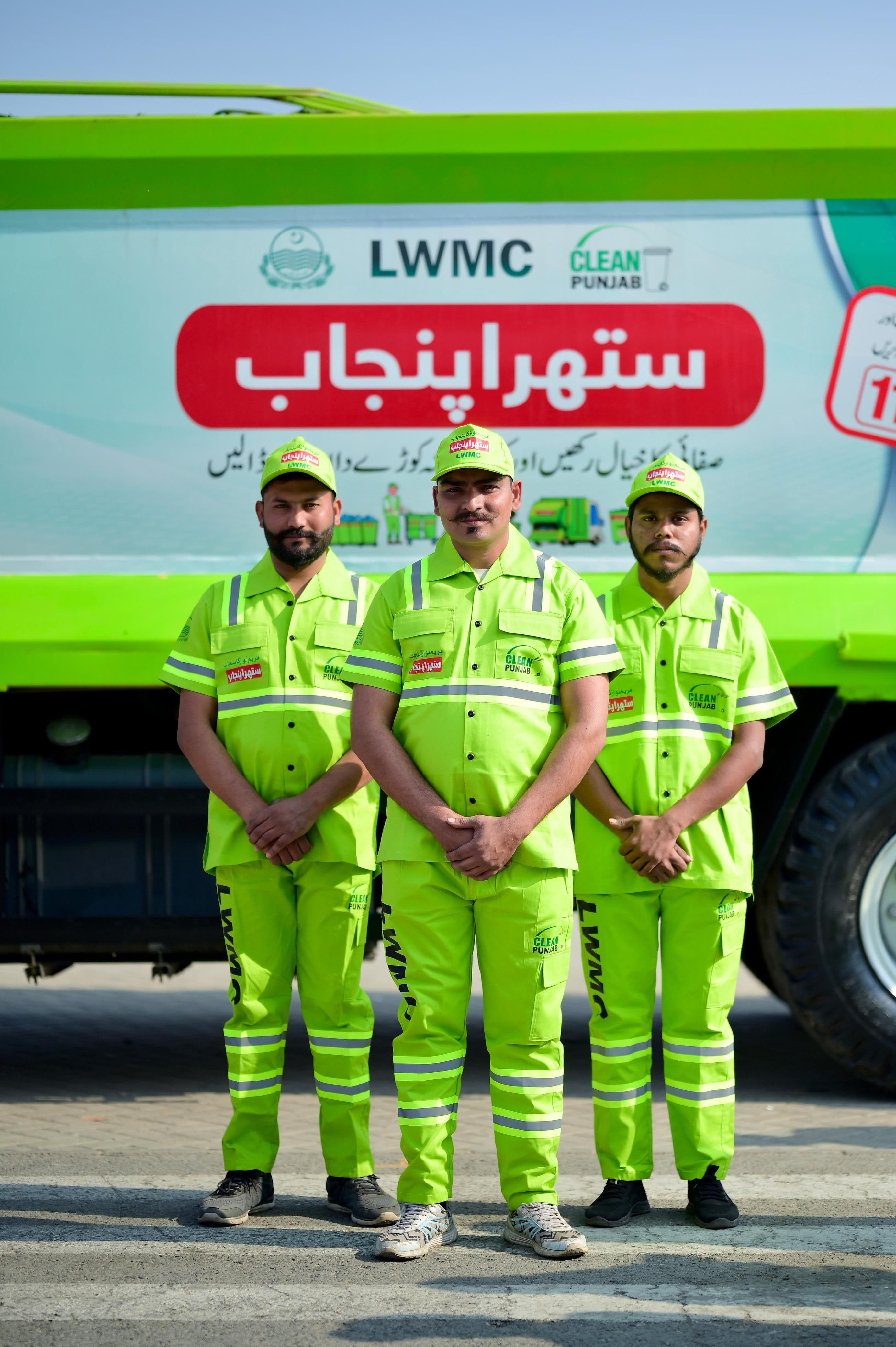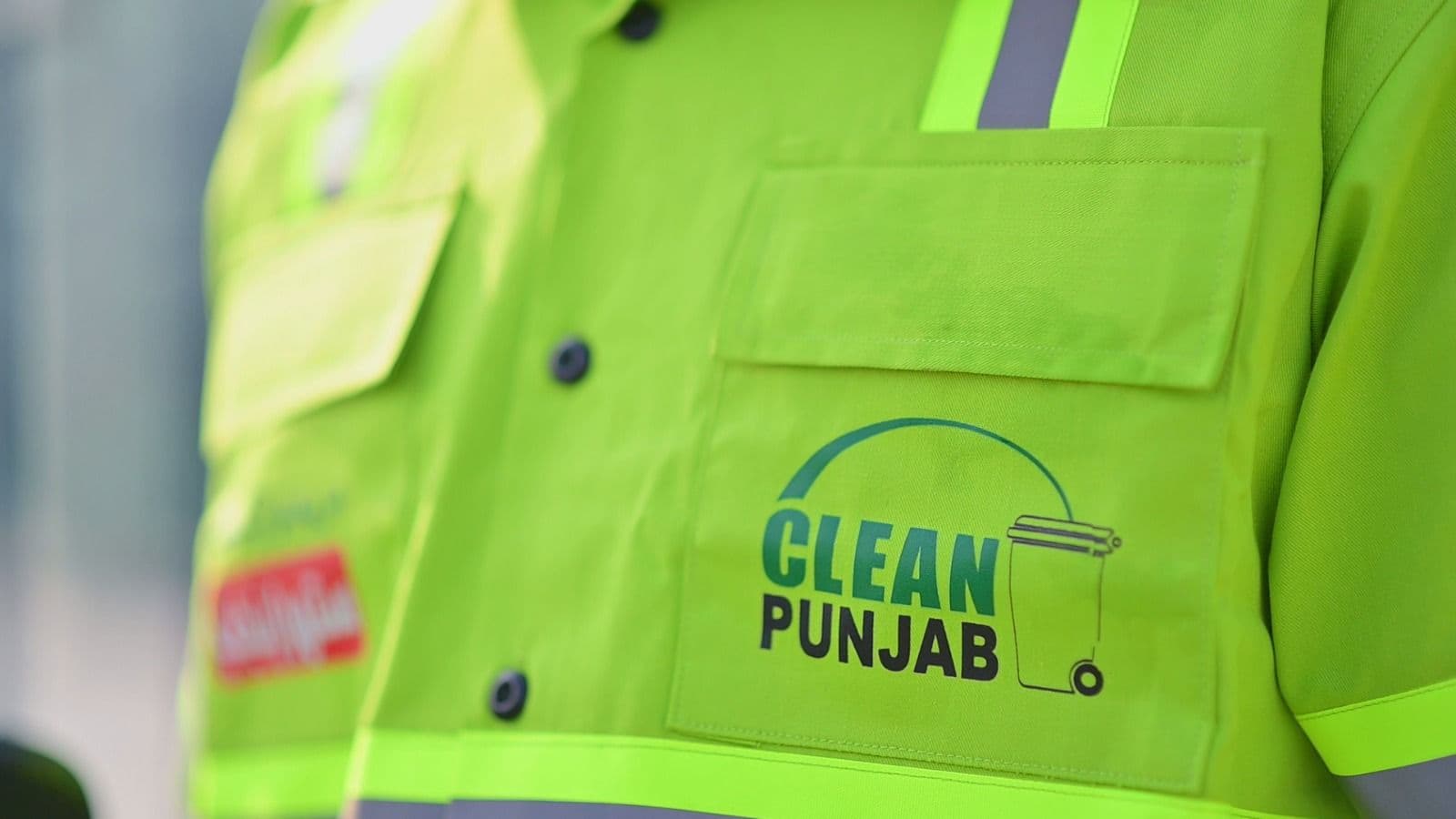Suthra Punjab: Turning Waste into Opportunity, Jobs, and Sustainability
How CM Maryam Nawaz Sharif's revolutionary initiative created 150,000+ jobs while building a world-class waste management framework across Punjab.

In the heart of Punjab, where progress and tradition meet, a revolutionary initiative is reshaping communities, creating livelihoods, and ensuring a cleaner, healthier environment. Under the visionary leadership of Chief Minister Maryam Nawaz Sharif, the Suthra Punjab Program stands as a landmark in modern waste management—combining innovation, efficiency, and inclusivity to make Punjab a model of cleanliness and sustainable development.
Cleanliness is more than just a service; it is a reflection of how societies value their citizens' well-being. The Suthra Punjab Program has introduced a structured, world-class framework to the waste management sector, ensuring that every stage—from collection to disposal—meets modern standards of efficiency and environmental responsibility. The program delivers a comprehensive ecosystem of services, carefully designed to address the challenges of Punjab's growing urban and semi-urban landscapes.
The foundation of the program is its wide-ranging cleanliness operations. Manual sweeping, mechanical sweeping, washing, and desilting have been systematically introduced. Streets, roads, and marketplaces are no longer neglected spaces—they are now regularly maintained through professional systems. This commitment to visible cleanliness has uplifted the daily lives of millions of residents and set new benchmarks for municipal service delivery.
One of the most transformative elements of the Suthra Punjab framework is door-to-door waste collection. Families in urban and semi-urban areas no longer need to worry about waste piling up near their homes. A dedicated workforce ensures that waste is collected directly from households, creating an environment of dignity, comfort, and hygiene for communities. Efficiency lies at the core of this initiative. After primary collection, waste is transported to communal collection points, where mechanical lifting is deployed for larger volumes. This two-step approach prevents overflow, reduces environmental hazards, and ensures timely removal of waste from neighborhoods and commercial zones.
For areas with high population density or commercial activity, container-based collection has been implemented. Containers placed strategically across cities are lifted on scheduled timings, ensuring there are no delays in clearance. This not only prevents littering but also builds a culture of civic responsibility among citizens who can now dispose of waste in an organized way. Waste management is not only about collection but also about logistics and efficiency. The Suthra Punjab Program has established Waste Transfer Stations (WTS) that optimize collection routes and enable faster transport to disposal sites. By reducing time, fuel, and operational inefficiencies, these stations have become the critical backbone of the entire system.

Perhaps the most advanced element of the portfolio is the establishment of scientific landfills. Unlike traditional dumping grounds, these sites are designed with covered disposal, weight tracking, and entry logs. This modern approach reduces environmental degradation and enables data-driven planning. Punjab is moving beyond traditional disposal. It is embracing modern sustainability practices that protect the environment for future generations.
Cleanliness is not just about managing waste—it is about empowering people. Recognizing the link between environmental improvement and economic uplift, the Suthra Punjab Program has emerged as a global example of employment generation within the waste management sector. In just one year, over 150,000 jobs have been created, making it one of the largest initiatives of its kind in the world. These opportunities span across Punjab, uplifting countless households and providing dignity of labour to thousands of men and women.
All jobs within the program are offered on merit, ensuring transparency and fairness. Workers are hired through a structured process, eliminating exploitation and favoritism. This approach strengthens trust in the system and motivates employees to perform with dedication and pride. Employment opportunities have been distributed across 141 tehsils of Punjab, ensuring that no community is left behind. From major cities to smaller towns, people have been empowered with sustainable livelihoods, reducing unemployment and fostering economic stability at the grassroots level.
The multiplier effect of job creation has been remarkable. Each worker contributes not only to their own household but to their entire local economy. Incomes spent within neighborhoods create cycles of growth, resilience, and community development. By linking cleanliness to employment, Suthra Punjab has set a global record in job creation within the waste management sector. This pioneering model is now being recognized internationally as an example of how developing regions can combine social welfare with environmental sustainability.
The success of the Suthra Punjab Program is not an endpoint—it is the beginning of a larger journey. Future plans include expanding scientific landfill facilities to further reduce environmental impact, introducing recycling and waste-to-energy initiatives to transform waste into valuable resources, enhancing training for workers to ensure professional growth and skill development, and promoting community awareness campaigns to build a culture of civic responsibility. By integrating sustainability with social development, Punjab is laying the foundation for long-term progress that benefits both people and the planet.
The Suthra Punjab Program is more than a cleanliness initiative—it is a movement for transformation. From door-to-door collection to advanced landfills, from 150,000 new jobs to global recognition, it represents a holistic approach to governance that prioritizes both environment and employment. Under the leadership of Maryam Nawaz Sharif, Punjab is not only getting cleaner but also stronger, more resilient, and more inclusive. This is the essence of Suthra Punjab: a vision where every street is clean, every household has dignity, and every citizen has opportunity.



